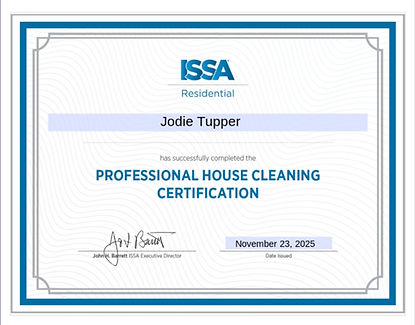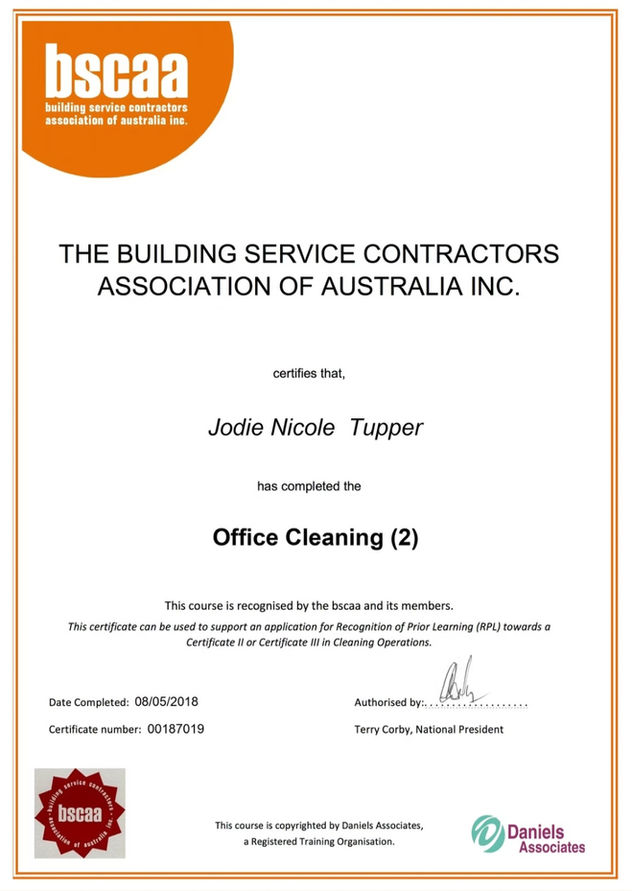Transform Your Kitchen: Effective Cleaning Routines for a Healthier Home Environment
- jodie tupper

- May 14, 2025
- 4 min read
A clean kitchen is more than just a sparkling countertop; it's the heart of a healthy home environment. For individuals with health challenges and their caregivers, maintaining a safe and hygienic cooking space is crucial, not only to prevent the spread of germs and bacteria but also to foster a nurturing atmosphere conducive to healing. By incorporating eco-friendly products and non-toxic cleaners into your cleaning routines, you can significantly enhance kitchen hygiene while ensuring a safer culinary space for everyone in the household. In this post, we will explore effective strategies to transform your kitchen into a beacon of cleanliness and safety, offering peace of mind and promoting healthier cooking habits. Join us as we delve into the psychological effects of cleanliness and uncover how a well-maintained kitchen can empower families to embrace a supportive and health-conscious lifestyle.
Effective Kitchen Cleaning Strategies
Maintaining a clean kitchen is essential for a healthy home environment. Let's explore some effective strategies to keep your kitchen spotless and hygienic.
Establishing Rigorous Cleaning Routines
Consistent cleaning routines are the backbone of a hygienic kitchen. By implementing a structured approach, you can ensure that every nook and cranny receives regular attention.
Start by creating a daily checklist that includes wiping down countertops, cleaning the sink, and sweeping the floor. These simple tasks can prevent the buildup of grime and bacteria.
For weekly tasks, focus on deeper cleaning activities such as scrubbing the stovetop, disinfecting the refrigerator handles, and mopping the floors. This comprehensive approach helps maintain a consistently clean environment.
Don't forget about monthly deep-cleaning sessions. These should include tasks like cleaning the oven, descaling the kettle, and sanitizing the garbage disposal. Regular maintenance prevents major cleaning challenges down the line.
Importance of Kitchen Hygiene
Kitchen hygiene plays a crucial role in maintaining overall health and well-being. A clean kitchen not only looks appealing but also safeguards against foodborne illnesses and cross-contamination.
Proper hygiene practices, such as regularly washing hands and using separate cutting boards for raw meats and vegetables, can significantly reduce the risk of bacterial spread. These simple habits can make a big difference in kitchen safety.
For those with compromised immune systems, maintaining a hygienic kitchen is even more critical. A clean cooking environment can provide peace of mind and contribute to a healthier lifestyle for everyone in the household.
Remember, kitchen hygiene extends beyond visible cleanliness. Regular disinfection of high-touch areas like faucet handles and refrigerator doors is essential in preventing the spread of harmful microorganisms.
Utilizing Eco-Friendly Products
Eco-friendly cleaning products offer an effective way to maintain kitchen cleanliness while minimizing environmental impact. These products are typically made from natural, biodegradable ingredients that are safe for both your family and the planet.
When choosing eco-friendly cleaners, look for certifications like Eco Logo or Green Seal. These labels indicate that the product meets strict environmental standards.
Many eco-friendly products are multi-purpose, reducing the need for multiple cleaning agents. This not only saves space but also reduces plastic waste from packaging.
Remember, eco-friendly doesn't mean less effective.
Creating a Safe Culinary Space
A safe culinary space goes beyond cleanliness. It involves choosing the right products and implementing practices that promote overall health and well-being.
Benefits of Non-Toxic Cleaners
Non-toxic cleaners offer numerous advantages for creating a safe kitchen environment. These products are free from harsh chemicals that can potentially harm your health and the environment.
Using non-toxic cleaners reduces exposure to volatile organic compounds (VOCs) often found in traditional cleaning products. This is particularly important for individuals with respiratory issues or chemical sensitivities.
Non-toxic cleaners are often safer for food-contact surfaces. This means you can clean countertops and cutting boards without worrying about chemical contamination of your food.
Lastly, these cleaners are typically gentler on surfaces, helping to preserve the longevity of your kitchen appliances and fixtures.
Ensuring Cooking Space Safety
A safe cooking space involves more than just cleanliness. It's about creating an environment that minimizes risks and promotes safe food handling practices.
Start by organizing your kitchen to prevent cross-contamination. Store raw meats on the bottom shelf of the refrigerator to prevent drips onto other foods. Use separate cutting boards for raw meats and vegetables.
Ensure your kitchen has proper ventilation to remove cooking fumes and prevent the buildup of harmful gases. Regularly clean range hoods and replace filters as needed.
Keep a well-stocked first aid kit in an easily accessible location. Include items like burn gel, adhesive bandages, and antiseptic wipes for minor kitchen accidents.
Lastly, regularly inspect and maintain your kitchen appliances to prevent potential hazards. This includes checking for frayed cords, loose handles, or malfunctioning controls.
Promoting a Healthy Cooking Environment
A healthy cooking environment goes beyond cleanliness and safety. It's about creating a space that inspires and supports nutritious meal preparation.
Start by decluttering your kitchen. A tidy space makes it easier to focus on cooking healthy meals. Keep healthy ingredients visible and easily accessible to encourage their use.
Invest in quality cooking tools that make healthy cooking easier and more enjoyable. This might include a good set of sharp knives, a reliable blender for smoothies, or a steamer for vegetables.
Consider adding plants to your kitchen. Not only do they improve air quality, but they can also provide fresh herbs for cooking. Herbs like basil, mint, and rosemary thrive in sunny kitchen windows.
Lastly, create a comfortable space for meal planning and recipe browsing. A small desk area or a cozy nook can become your healthy eating command center.
Psychological Effects of a Clean Kitchen
The state of our kitchen can have a profound impact on our mental well-being. A clean and organized kitchen can positively influence our mood, eating habits, and overall stress levels.
Influence on Mood and Motivation
A clean





%20(1).jpg)









.jpg)


























.jpg)


.jpg)



